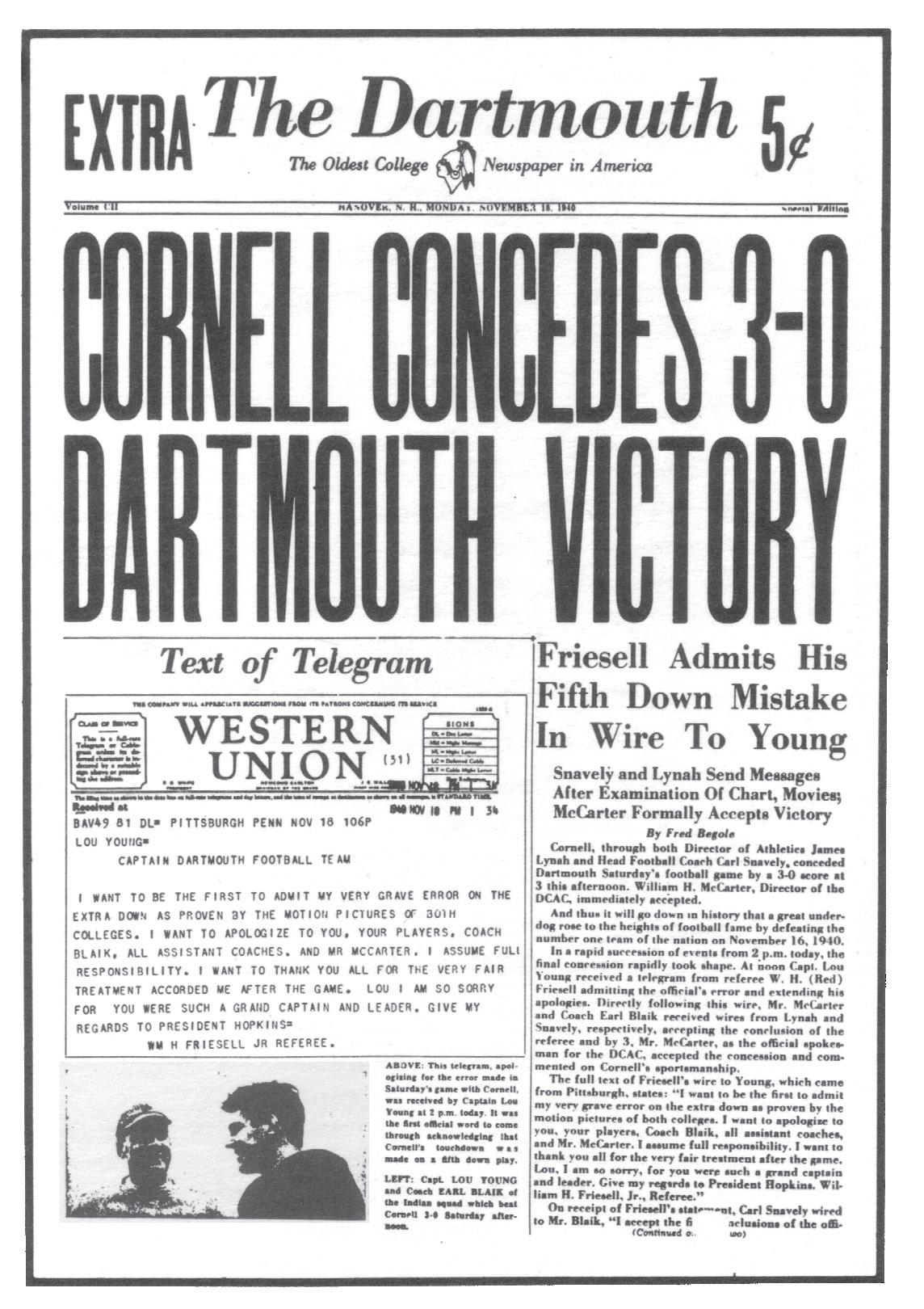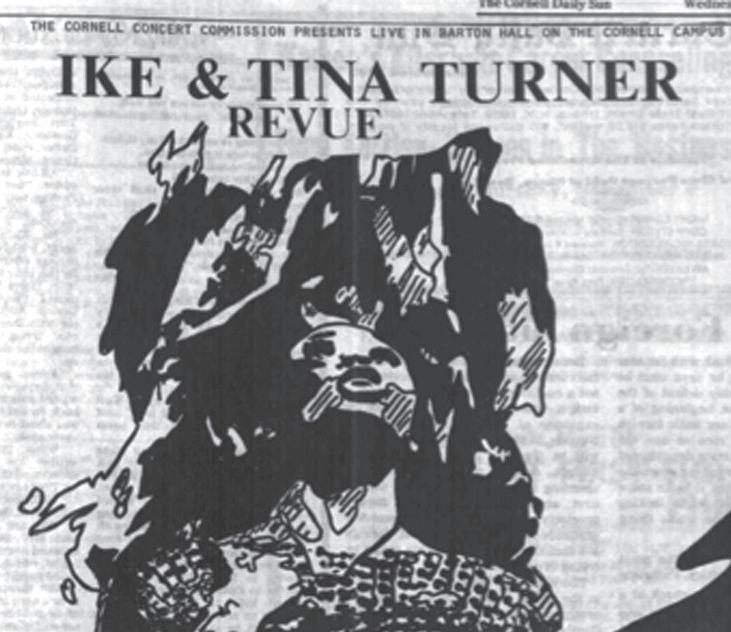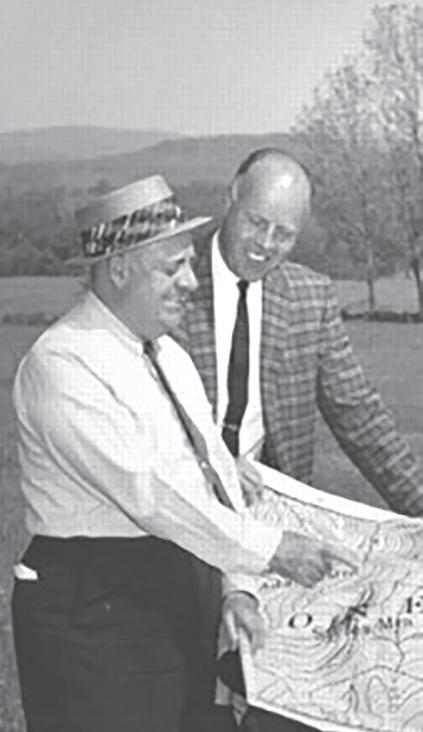
4 minute read
Everything to Know About the Controversial Yellow Deli
students seeking reproductive health care.
“It’s not like you can walk outside your dorm and walk five minutes to a CVS. And it’s also not like you can walk outside your dorm and walk five minutes to Cayuga Health to get an appointment with an M.D. gynecologist… even [going] downtown to the Planned Parenthood can be a barrier,” Esterl said. “I think the vending machines are a pretty easy fix for access.”
Bhardwaj, Williams and Cady also highlighted the resolution’s importance within the current political climate.
“I think this resolution is important as part of improving our University’s health access and health equality, but especially relevant post-COVID and post-Dobbs,” Cady, who is also a general body member of PPGA, told The Sun, referring to the U.S. Supreme Court reversing Roe v. Wade on June 24, 2022, ceasing the constitutional right to abortion in the United States.
Marley Levy ’24, PPGA general body member who helped develop the initial idea to implement vending machines, said that she hopes Pollack’s acknowledgment of Resolution 20 will be a first step toward greater reproductive health equity on campus, citing the President’s lack of support for S.A.’s Resolution 15 — which aimed to fund an M.D. gynecologist on campus.
“I am pleased, yet surprised, at [Pollack’s] support of Resolution 20. I hope it is just the start [of] greater access of needed sexual and reproductive strides on campus,” Levy wrote in a statement to The Sun. “I would like to see measurable progress on this resolution before the end of the semester, as President Pollack said in her email to Student Assembly members.”
PPGA co-president Taisa Strouse ’24 also expressed surprise at Pollack’s support, adding that her support for Resolution 20 contradicts her refusal to accept Resolution 15.
“Her hypocrisy is clear,” Strouse wrote in a statement to The Sun. “The intention of the Plan B vending machine is based on the inaccessibility of Cornell Health — due to weekend closures and limited hours — and off-campus medical facilities. Thus, Pollack’s justification that there are ‘several gynecology providers in the Ithaca community’ in her refutation of Resolution 15 is unfounded and disappointing.”
Despite Pollack’s acknowledgment of the resolution, Bhardwaj expressed skepticism regarding whether the President’s support would lead to action.
To continue reading this article, please visit www.cornellsun.
By JONATHAN MONG Sun News Editor
This article was originally published Feb. 7.
The Yellow Deli, operated by the Twelve Tribes community, opened in the Commons on Jan. 1 at the same location as their previous establishment, Maté Factor.
According to their website, the Twelve Tribes, also known as the Commonwealth of Israel, are a religious group where families and individuals live together in communities. They have a worldwide presence, scattered throughout every continent except Africa.
Founded by Gene Spriggs in 1972 in Chattanooga, Tennessee, the Twelve Tribes encourages members to live as adherents to the early church, emphasizing its communal aspect — the Denver Post reported in 2022 that new members must sign over ownership of all of their possessions to the group’s limited liability companies.
The Ithaca branch has been present for about 20 years, according to Marcel Campbell, a worker at the Yellow Deli and a lifelong member of the Twelve Tribes. As the branch is located on 119 Third Street, their presence has attracted negative attention from the Ithaca community for years.
“It is also my understanding that generally most Ithacans are at least somewhat aware that the Twelve Tribes is a religious cult and thus the appeal [of the Yellow Deli] would be more to university students, visitors and tourists who are only here temporarily,” said Ian Stewart ’23, a student who has lived in Ithaca for 31 years.
When the group arrived in Ithaca in 2003, they held an open forum to address concerns about their presence, but twenty years later, the group still remains.
“Choosing to go commercial on the Commons is basically an unannounced front for a cult,” said Pastor Steve Felker of Christ Chapel in Ithaca to The Sun in 2006. “I felt like it was important to
[shed] light on what they stand for, so that the community understands what they are spending their dollars on at the commons.”
Similarly, Stewart’s early memories of the Twelve Tribes were negative.
“They casually strew pamphlets and brochures around the café that laid out their beliefs in the coming end times, or other such concepts,” Stewart said. “They were never overt in their more disturbing opinions and it is my own belief that this was deliberate, as a means of getting outsiders interested before explaining the more unsavory beliefs, much like other cults.”
However, Ithaca is not unique in its distaste for the Twelve Tribes, who have also attracted controversy from localities across the United States for their views and labor practices.
In an investigation, the University of Colorado Boulder’s newspaper the CU Independent found accusations of child abuse after interviewing former members of the organization. A publicly accessible copy of the Twelve Tribes’ “Child Training Manual” specifically encourages parents to use physical dominance to assert dominance over their children in various ways. It is unclear whether or not this document applies to the Ithaca branch of the Twelve Tribes.
According to the manual, “a child needs to learn that his disobedience results in receiving his parents’ disapproval. The parents’ controlled use of pain is not cruel and will not cause the child to fear his parents personally. He will only learn to respect their word and the authority they possess … The minor discomfort a child must experience in order to learn to obey his parents’ commands will save him much pain in the future.”
A fundamental tenet of the 348 page “Child Training Manual” is that pain ought to be the element of control over a child.
To continue reading this article, please visit www. cornellsun.com.










